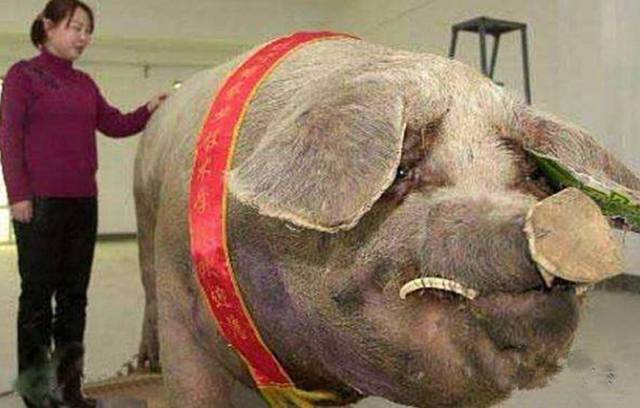Pigs (Sus scrofa domesticus) are intelligent, social animals that have been domesticated by humans for thousands of years. Though most people associate pigs with meat production, their natural lifespan is far longer than their commercial use might suggest. In this article, we will explore the average lifespan of pigs, the differences between wild and domestic pigs, and the various factors that influence how long pigs live.

In optimal conditions without the pressures of meat production, domesticated pigs can live 12 to 20 years. However, on commercial farms, their lives are much shorter:
Meat pigs (raised for pork): typically slaughtered at 6 to 8 months
Breeding sows: may live up to 3 to 5 years before being culled
Wild boars, the wild ancestors of domestic pigs, typically live 8 to 10 years in the wild. In protected environments like nature reserves, they can live longer, sometimes reaching 14 years.
Miniature pigs, often kept as pets (e.g., pot-bellied pigs), can live 12 to 18 years, and some well-cared-for individuals have reached over 20 years.
Some pig breeds are genetically predisposed to longer lives. For example, heritage breeds and miniature pigs tend to live longer than commercial hybrid pigs.
Balanced nutrition is key to longevity. A diet rich in fiber, protein, essential vitamins, and low in fat helps prevent obesity and related diseases like arthritis, heart disease, and liver failure.
Pigs that live in clean, spacious, and enriched environments experience less stress, which contributes to longer and healthier lives.
Regular veterinary checkups, vaccinations, and parasite control greatly improve life expectancy.
Access to outdoor space and regular movement helps prevent joint problems and obesity.
Piglets are born blind and are weaned between 3 to 8 weeks
High vulnerability to disease and temperature changes
Rapid growth phase
Most commercial pigs are slaughtered during this stage
Reproductive maturity
Muscle development stabilizes
Aging signs include arthritis, reduced mobility, and dental wear
Due to economic efficiency, pigs in industrial farms are not allowed to reach old age.
Pet pigs live much longer with proper care and are often neutered to reduce aggressive behavior and health risks.
In sanctuaries, pigs may live out their full natural lifespan under protected and enriched conditions.
Slaughter before maturity
Reproductive exhaustion in breeding pigs
Disease outbreaks
Obesity-related complications
Cancer and organ failure
Lack of proper veterinary care
Feed pigs formulated food and supplement with fresh vegetables, fruits, and grains. Avoid processed foods and excess sugar.
Regularly clean enclosures and ensure dry bedding to prevent infections and parasites.
Annual exams and vaccinations are essential.
Pigs are intelligent and need stimulation. Toys, puzzles, and interaction with humans or other pigs improve mental health.
Pigs are capable of living well into their teens or even twenties when provided with proper care, a clean environment, and a healthy diet. Unfortunately, most pigs in agriculture do not reach old age due to commercial demands.
Understanding the true potential of a pig's lifespan helps us reframe our perception of these animals—not just as livestock, but as intelligent beings with emotional depth and the capacity for long, healthy lives.
animal tags:
We created this article in conjunction with AI technology, then made sure it was fact-checked and edited by a Animals Top editor.